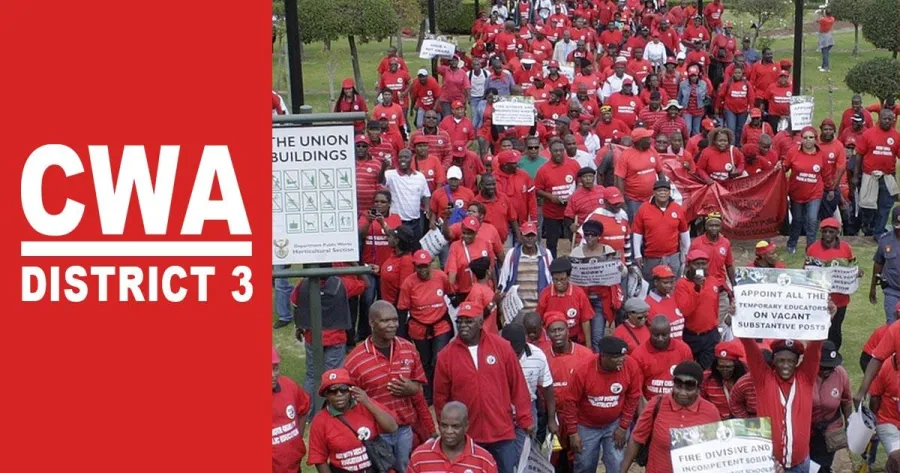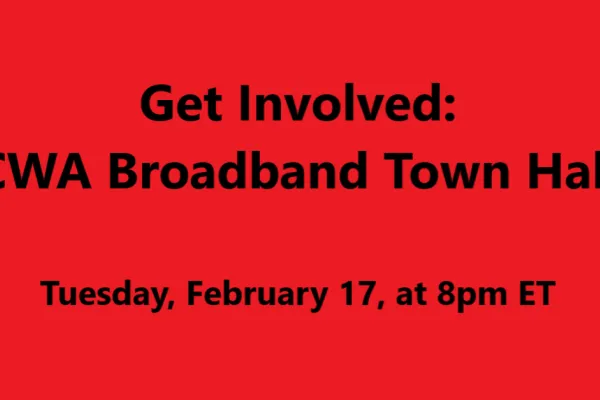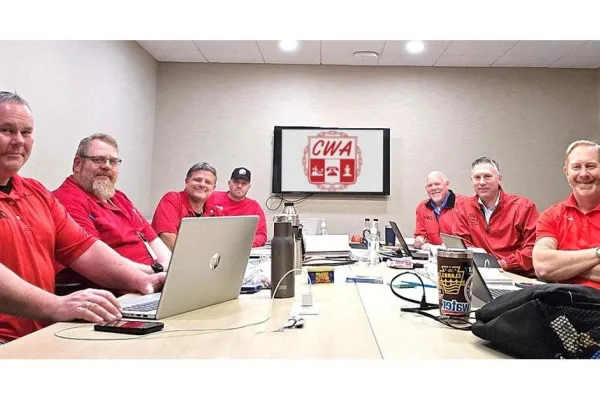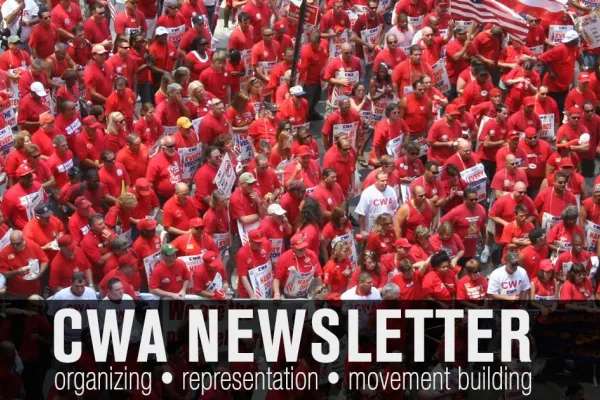OCTOBER 2020 NEWSLETTER #19

NLRB CONTINUES TO WAGE WAR
ON WORKERS AND ORGANIZED LABOR
The National Labor Relations Board continues to do the bidding of its paymasters at the Chamber of Commerce and National Right to Work for Less Committee, continuing its war on workers’ rights and the rights of organized labor. The NLRB’s decisions overturn existing law, tilting the playing field more in management’s favor and undermining Union rights.
Unfair labor practice charges involving the COVID-19 pandemic are being referred by the NLRB’s regional offices in the field to the NLRB’s Division of Advice in Washington, D.C. for review. Advice operates under the guidance of the NLRB General Counsel, who is carrying out the NLRB’s agenda to expand management rights and narrow worker’s rights. As a result, Advice is taking a narrow view of worker and union rights during the COVID pandemic. The problem stems in part from the 2019 NLRB decision which overturned 70 years of settled law regarding what is an unlawful unilateral change. Having untied the hands of management to make unilateral changes during the term of a contract, the NLRB is now giving employers free reign to impose COVID-related policies and procedures without bargaining.
Meanwhile the NLRB is also going about its business of stripping workers and unions of their rights. The NLRB continues to interpret and apply the National Labor Relations Act in a way designed to reduce the rights of working people and organized labor. Notable decisions include:
*A July, 2020 decision involving the suspension of a local union official for conduct during the course of meetings with management, overturning existing law regarding discipline of employees and union officials engaged in union activities. In ruling that the suspension of a local union official by management was legal, the NLRB established a test to analyze unfair labor practice charges involving discipline or discharge of employees engaged in conduct considered “abusive” by management in connection with protected, concerted activities such as bargaining, grievance meetings, or picket line activity. The NLRB discarded the traditional approach that recognized the status of employees acting as union representatives, and ruled that these cases should be analyzed in light of the Board’s usual standard for reviewing discharge or discipline cases. Under the Board’s new standards, union officials or employees engaged in concerted, protected activity who are fired or disciplined must prove that the employer’s intent was to retaliate for protected, concerted activity, and the employer can defend by relying on workplace policies that prohibit “abusive” or “offensive” behavior in the name of so-called “workplace civility.”
*A June, 2020 decision overruling existing law that employers have to bargain before imposing discipline following a union election but before a first contract. Under the new standard, employers are free to impose discipline after a union election without notifying or bargaining with the new union.
*Another June, 2020 decision enforcing a confidentiality provision against an unrepresented employee forced to arbitrate an employment claim, forbidding the employee from discussing the arbitration with co-workers.
The NLRB has also identified its next targets in its ongoing battle against worker’s rights: the contract bar doctrine, and voluntary recognition of unions by employers. The contract bar doctrine prevents a union from being decertified during the term of a collective bargaining agreement. The Board has invited briefs to be filed in a case involving the contract bar doctrine, which signals its intent to revisit that doctrine, with the possibility that all organized workplaces could be subject to decertification campaigns during the term of a contract. Further, as of July 31, 2020 the Board now requires that employers who voluntarily recognize a union post a notice informing employees that they can petition for an election within 45 days after voluntary recognizes a union, overturning existing law. The Board has also instructed its regional offices to send any charges involving labor-management neutrality agreements to NLRB headquarters for review, signaling the Board’s intent to go after such agreements.
CWA and Labor Allies Win Political Victories Across Texas


